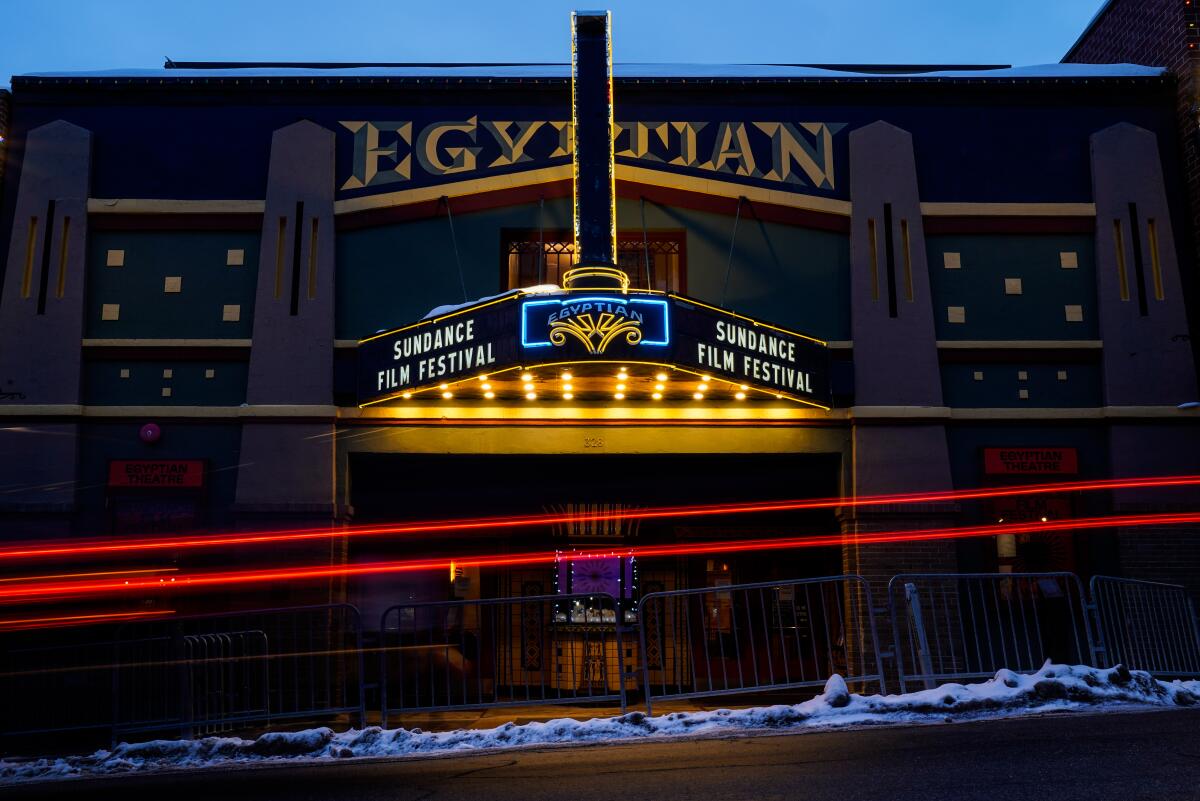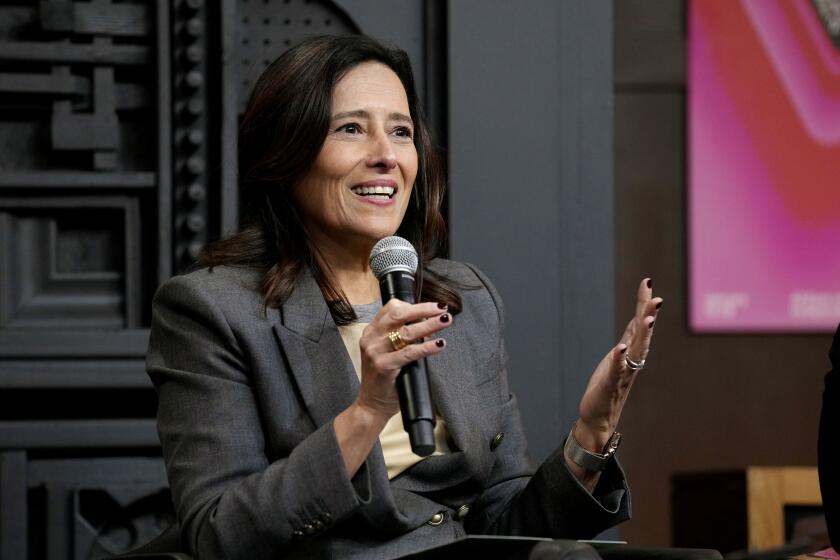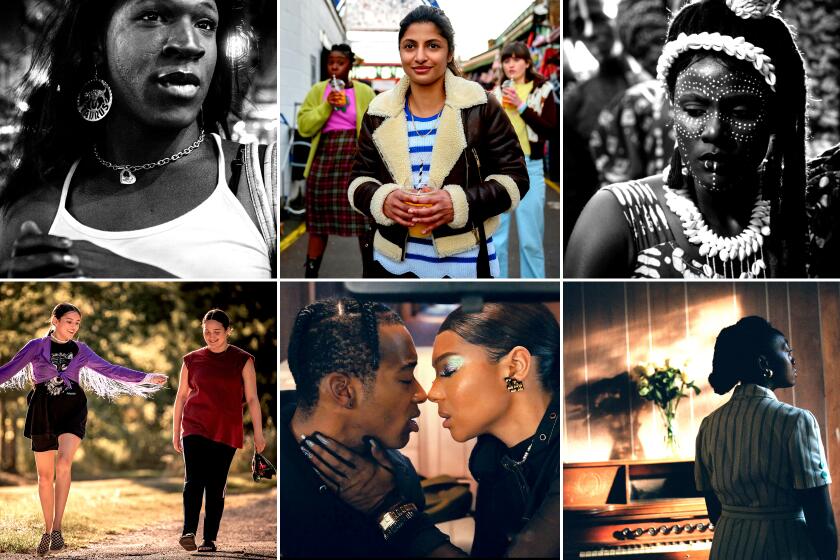Here’s how the first virtual Sundance Film Festival will work

The Sundance Film Festival has unveiled what its first largely virtual edition will look like in response to the COVID-19 pandemic. Organizers released the broad strokes for a shortened festival, set to run Jan. 28 through Feb. 3.
With programming details to be announced at a later date, next year’s festival will be accessible to audiences well beyond its usual home in Park City, Utah. All films in the festival will be available on a digital platform within the United States, with some films opting for global availability as well, while other festival events and talks will all be available globally.
The festival is planning to showcase 70-plus feature films, down from around 120 in its in-person 2020 edition. Each film will include a live Q&A after its scheduled premiere screening time, and will be available for subsequent streaming in limited windows. The festival program will have its usual four main competitions (including documentary and narrative features) as well as additional sections. Tickets and passes will go on sale Jan. 7.
“We’ve spent eight or nine months scenario planning for ‘if this, then that,’ and moving the levers up and down,” said Tabitha Jackson, in her first year as director of the festival, during a phone interview this week. “We are in a place where we know that we can have a festival. So there’s not uncertainty about whether we can have a festival. The uncertainty is to what extent can we gather live.
“I think we’re in a good place with knowing what we have definitely got, and then having some options that can be dialed up or dialed down according to public safety,” Jackson added.
There’s not uncertainty about whether we can have a festival. The uncertainty is to what extent can we gather live.
— Tabitha Jackson, director of the Sundance Film Festival
The festival has also entered into partnerships with independent theaters in more than 20 states around the country to feature select Sundance titles where they are allowed to be open and additional events or outdoor screenings where indoor events are not possible. In Los Angeles, two drive-in venues will be used: the Mission Tiki in Montclair and the Rose Bowl in Pasadena. (In the festival’s home base of Park City, the plan is to screen select films for locals at the Ray Theatre.)
And although Jackson said the 2021 festival was “not a blueprint, it’s a response to the moment,” she also said that Sundance festival organizers had been watching and were in communication with other festivals that had put on virtual events since the beginning of the pandemic. Both the Toronto International Film Festival and the New York Film Festival pulled off high-profile largely virtual events in the fall, while offering local in-person events as well.
“I think we, along with all our festival siblings, will be learning together and very fast about what the future of festivals might be,” said Jackson. “We’re taking the expectation of perfection away this year to enable us to be adventurous and experiment all the time, keeping the mission as our North Star, which is artists, audiences and the work.”
More to Read
Only good movies
Get the Indie Focus newsletter, Mark Olsen's weekly guide to the world of cinema.
You may occasionally receive promotional content from the Los Angeles Times.











